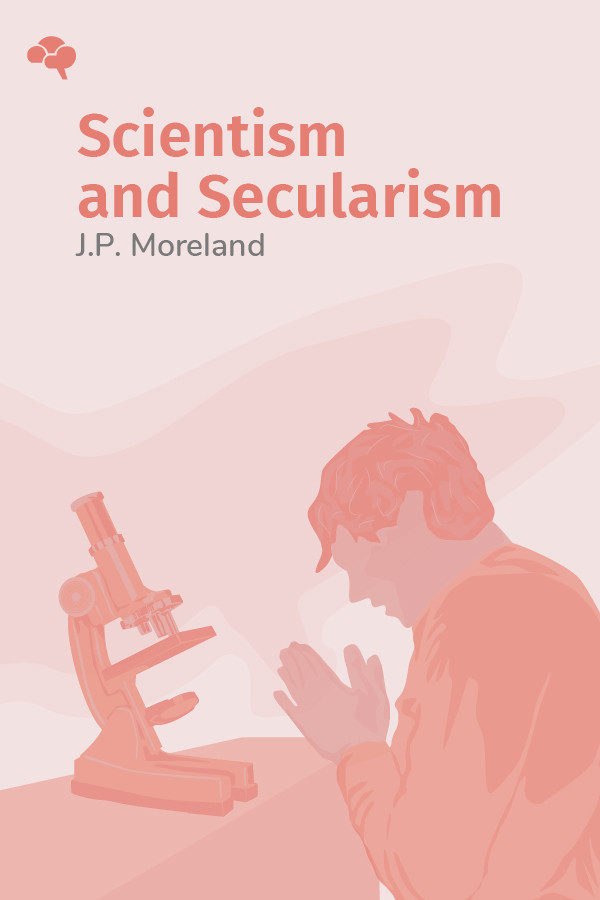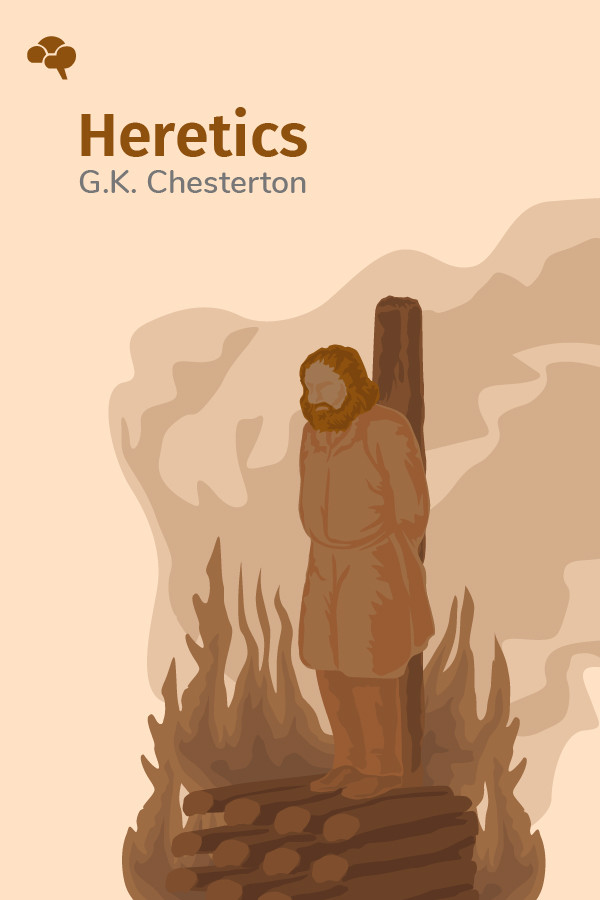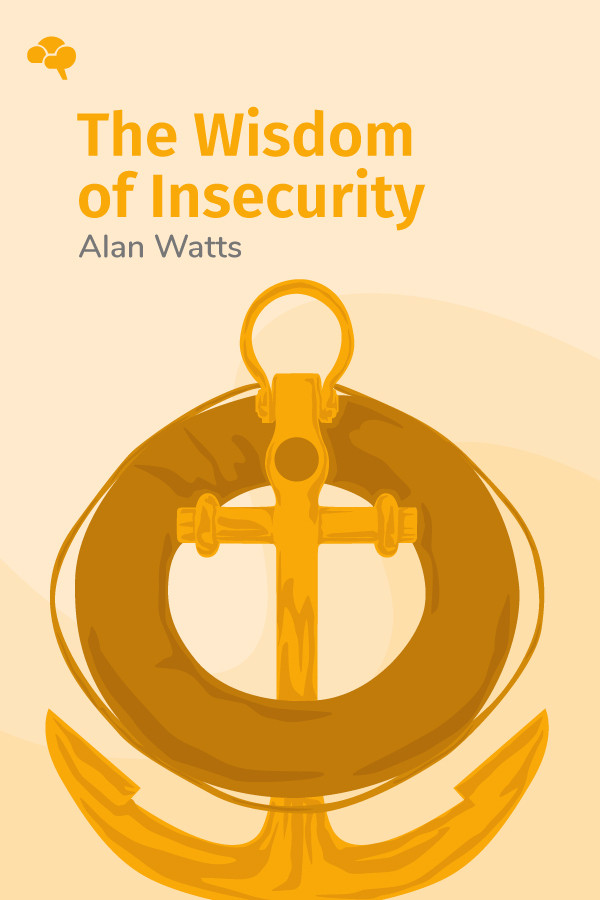Key Insights From:
Scientism and Secularism: Learning to Respond to a Dangerous Ideology
By J.P. Moreland


Key Insights From:
Scientism and Secularism: Learning to Respond to a Dangerous Ideology
By J.P. Moreland
What You'll Learn:
It’s a common claim that science alone gives us knowledge. As a result, Christian faith has become marginalized as a myth, without any factual basis. Yet, argues philosopher J.P. Moreland, this view called “scientism” is itself a philosophical assumption and not the conclusion of scientific observation. Science must utilize a great deal of philosophy before it can get underway. This pervasive view of scientism has devastating implications for morality, human dignity, knowledge, and much more. Its proponents naively dismiss orthodox Christianity, which actually gave rise to modern science and has historically been committed to evidence and reason. Moreland seeks to clarify what scientism is, how to identify and respond to scientistic assumptions, and how to show that Christian faith actually makes the best sense when it comes to science and a range of other considerations.
Key Insights:
- Knowledge, not faith or mere belief, gives people authority to speak and act in public.
- Scientism is a philosophical stance that comes in two forms.
- Scientism leads to Secularism and marginalizes Christianity and ethics.
- Scientism is causing people to abandon Christianity and is contributing to the church’s increased ineffectiveness.
- Strong scientism is self-refuting and must, therefore, be rejected.
- Weak scientism is a foe and not a friend of science.
- Contrary to scientism, we have more confident knowledge about certain theological or ethical truths than certain claims in science.
- There are five fundamental realities that science cannot explain but theism can.
- Scientism gains strength from methodological naturalism.




